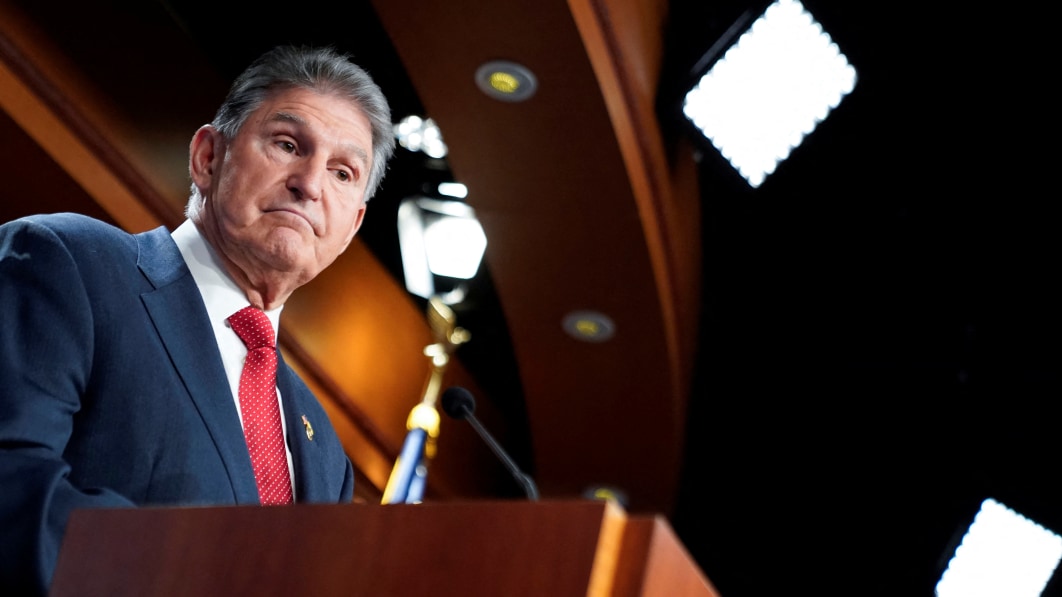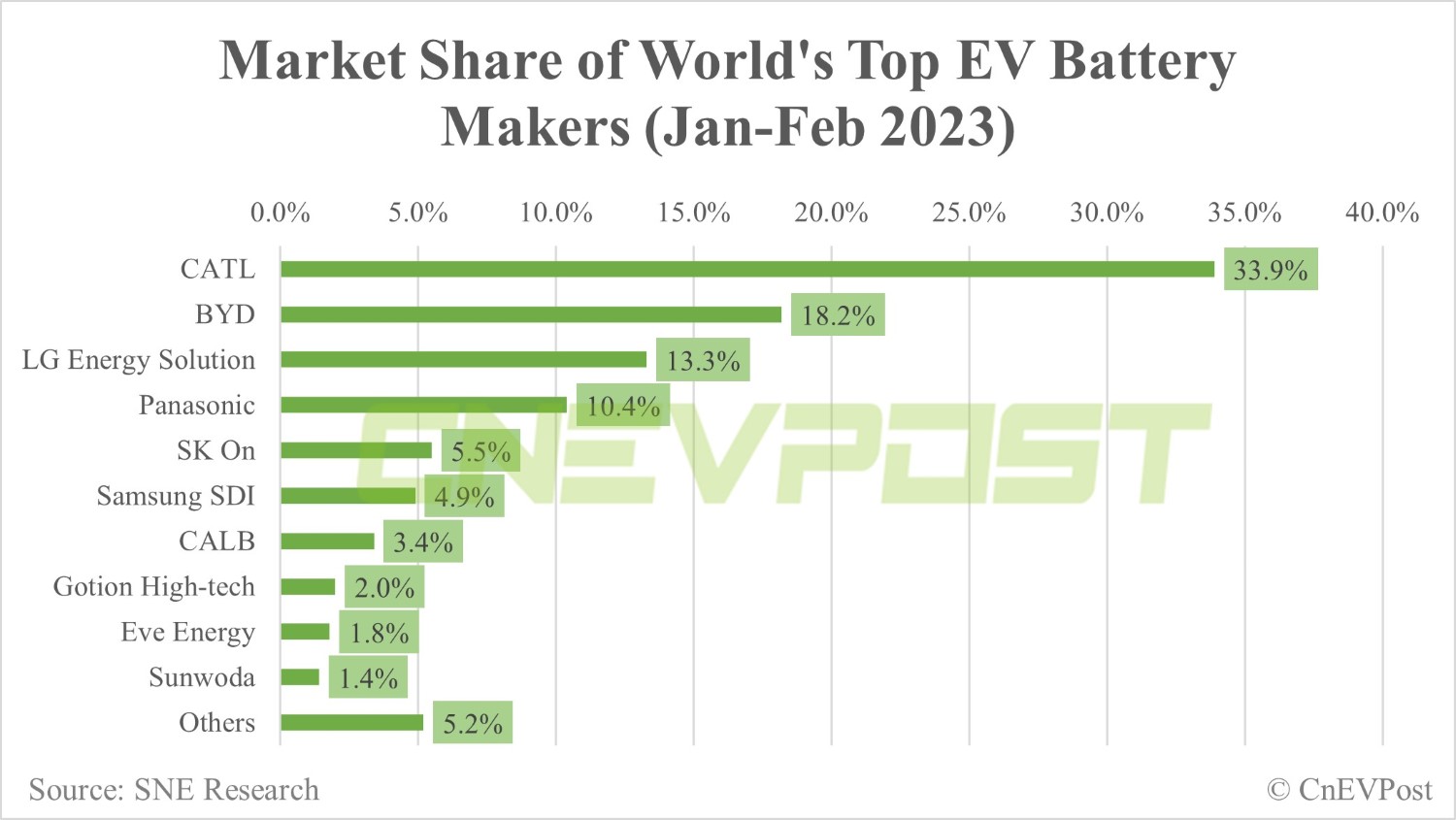As with Ford's deal structure, Tesla would own and operate the plant while licensing technology from CATL, according to Bloomberg. | TSLA.US

(Image credit: CnEVPost)
Tesla is reportedly looking to build a new battery factory with CATL in the US, similar to the Chinese battery-maker giant's deal with Ford last month.
Bloomberg reported on the matter earlier today, saying Tesla discussed plans involving CATL with the US government.
Tesla representatives sought clarity on the Inflation Reduction Act rules that the US government is finalizing this week, and the company's senior director of global public policy Rohan Patel was among those involved in the discussions, according to the report.
Tesla hopes to build a plant wholly owned by it in partnership with CATL, similar to a deal Ford announced last month in Michigan, the report said.
Tesla is in expansion mode, deploying its $22 billion in cash to boost production and cut costs as it faces increasing competition, the report noted.
CATL produces lithium iron phosphate (LFP) batteries, a cheaper chemistry than the nickel-based batteries used in Western countries, and is key to the plan, the report said.
Tesla is considering building the battery plant in Texas to supply its electric vehicle assembly plant there, although the location has not been finalized, Bloomberg said, citing some people familiar with the matter.
As with Ford's deal structure, Tesla would own and operate the plant, while licensing technology from CATL, according to the report.
On February 13, Ford announced that it is investing $3.5 billion to build an LFP battery plant in Marshall, Michigan.
The plant, which is wholly owned by Ford, is the first battery plant to be wholly owned by a US automaker and will introduce LFP battery solutions for Ford's electric vehicle products.
The LFP battery plant is expected to start production in 2026 with an initial workforce of 2,500, Ford said last month.
The plant will have an initial design capacity of about 35 GWh per year and could supply power packs for about 400,000 Ford electric vehicles annually.
CATL is the world's largest maker of electric vehicle batteries, with a share far ahead of other peers.
CATL's installed battery volume in January-February was 25.5 GWh, up 34 percent from 19.0 GWh in the same period last year, according to data released yesterday by South Korean market research firm SNE Research.
The Chinese battery giant continues to rank No. 1 with a 33.9 percent share, the only global battery maker with a share of more than 30 percent.
Ford to build $3.5 billion LFP battery plant in Michigan with CATL's technology
The post Tesla seeks to build new battery plant with CATL in US, report says appeared first on CnEVPost.
For more articles, please visit CnEVPost.







